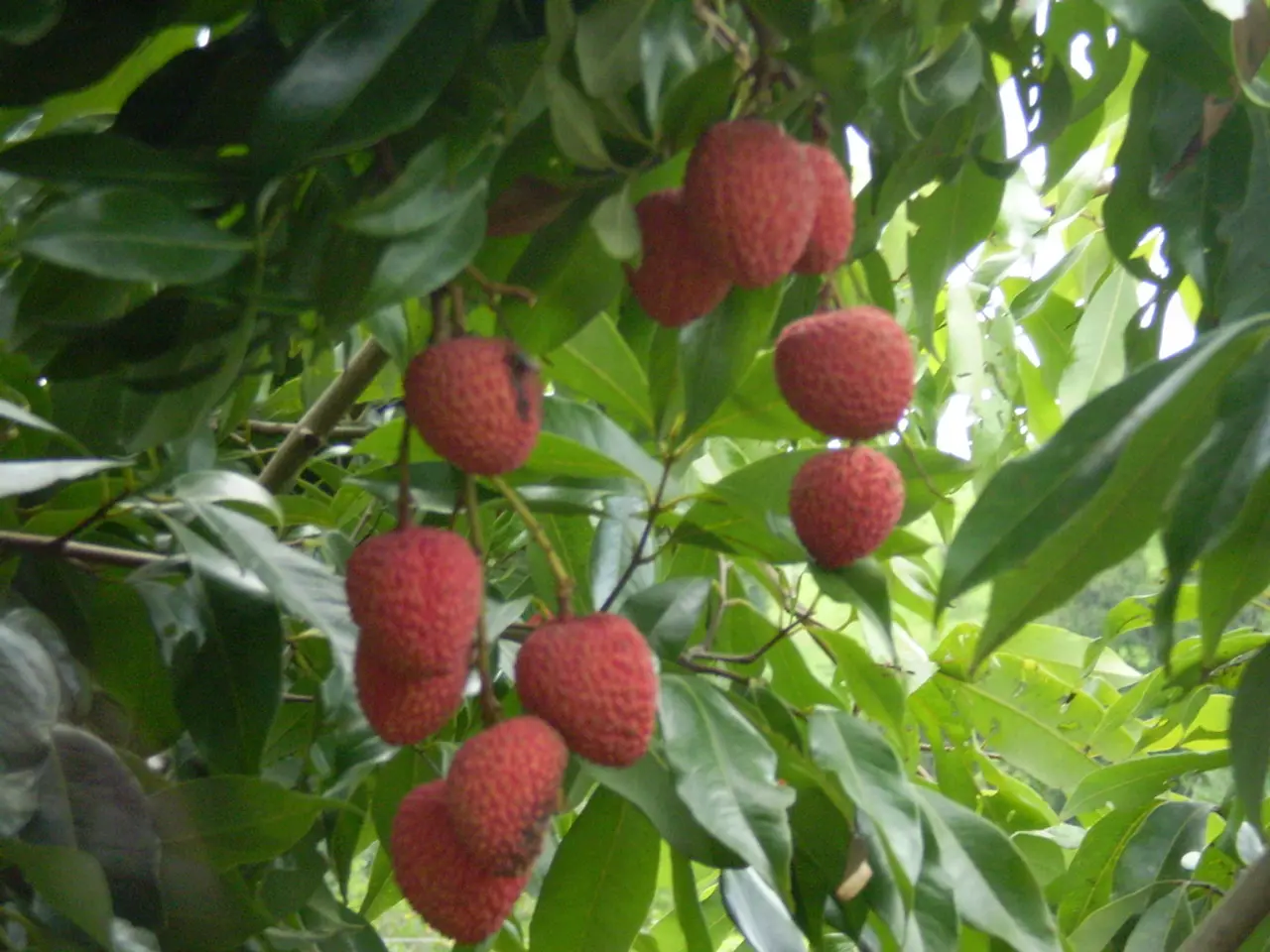Is it Safe for Cats to Consume Strawberries as a Nutritious Snack?
Strawberries may seem like a tasty treat for your feline friend, but they offer minimal health benefits compared to the nutritional needs of cats. As obligate carnivores, cats require a diet rich in animal-based proteins to meet their essential nutritional requirements.
While strawberries do provide some nutritional value, they are not a suitable replacement for the proteins and amino acids that cats need for muscle maintenance, immune function, and overall health. The fruit contains dietary fiber, antioxidants, and water, which may support digestion, protect cells from free radical damage, and contribute to hydration. However, cats naturally synthesize their own vitamin C and do not depend on dietary sources for this vitamin.
It's important to note that strawberries should be offered to cats only as an occasional, fresh fruit treat. Excessive amounts of sugary fruits or sweet treats can cause gastrointestinal upset in cats. Some cats may experience vomiting or diarrhea if given fruit, and those with conditions like diabetes should avoid berries due to their sugar content.
Before feeding strawberries to your cat, make sure to cut them into small pieces to prevent a choking hazard. Wash the strawberries thoroughly to remove pesticides. It's also advisable to remove leaves and stems, as these can be difficult to digest for cats and might cause mild gastrointestinal upset.
Introduce strawberries to your cat slowly to watch for an allergic reaction. In rare cases, a cat might have an allergic reaction to strawberries, resulting in symptoms such as sneezing, a runny nose, or watery eyes. If your cat shows signs of an allergic reaction or gastrointestinal upset after eating strawberries, consult a vet.
In conclusion, strawberries are safe in small amounts but offer little nutritional benefit to cats. A meat-based diet is essential for cats to meet their nutritional needs. If you're looking to treat your cat, consider cat-safe fruits like bananas, apples, or watermelon in moderation. Always consult with your vet before making any significant changes to your cat's diet.
[1] "Strawberries for Cats: Are They Safe?" PetMD. https://www.petmd.com/cat/nutrition/food-safety/are-strawberries-safe-cats [2] "Can Cats Eat Strawberries?" Hill's Pet Nutrition. https://www.hillspet.com/cat-care/nutrition-feeding/can-cats-eat-strawberries [3] "Fruits and Vegetables Your Cat Can and Can't Eat." ASPCA. https://www.aspca.org/pet-care/animal-poison-control/cats/toxic-and-non-toxic-plants/fruits-and-vegetables-your-cat-can-and-cant-eat [5] "Strawberries: Nutrition Facts and Health Benefits." Healthline. https://www.healthline.com/nutrition/foods/strawberries#section1
- While strawberries contain dietary fiber, antioxidants, and water, they do not provide the essential nutrients required by cats, such as proteins and amino acids, which are crucial for their health-and-wellness.
- In comparison to the nutritional needs of cats, the health benefits of strawberries are minimal, and they are not a suitable replacement for necessary animal-based proteins in a cat's fitness-and-exercise-related nutritional requirements.
- In the context of cat-safe food-and-drink options, strawberries can be offered as an occasional, fresh fruit treat, but excessive consumption may lead to gastrointestinal issues, especially in cats with health conditions like diabetes.
- If you're seeking healthy alternatives to strawberries for your cat's lifestyle and nutrition, consider other fruits like bananas, apples, or watermelon, but remember to feed them in moderation and always consult with your vet before making any significant dietary changes.




